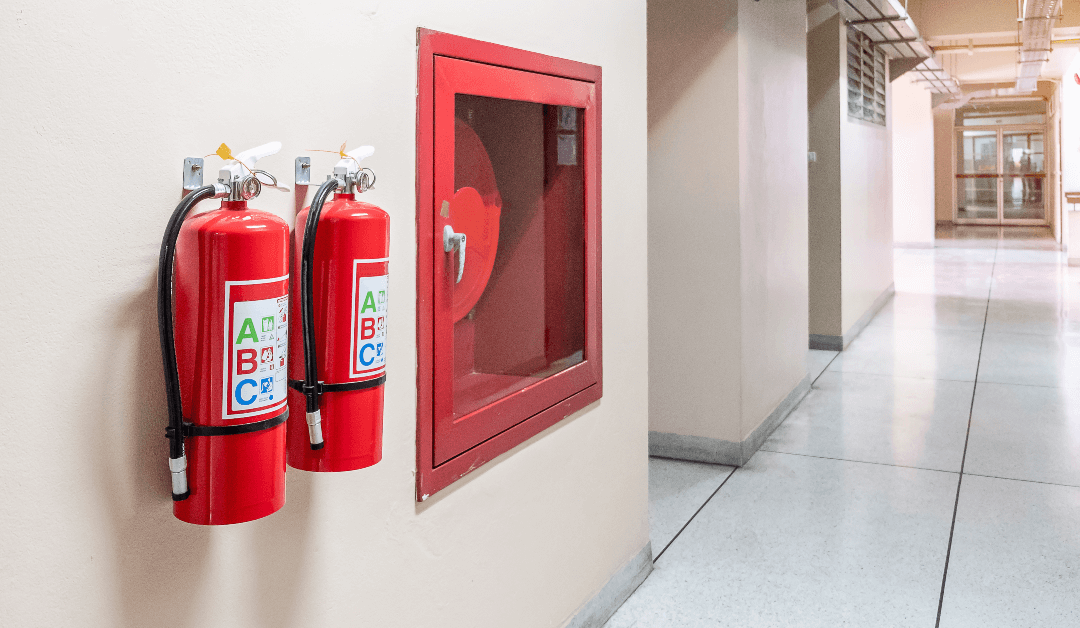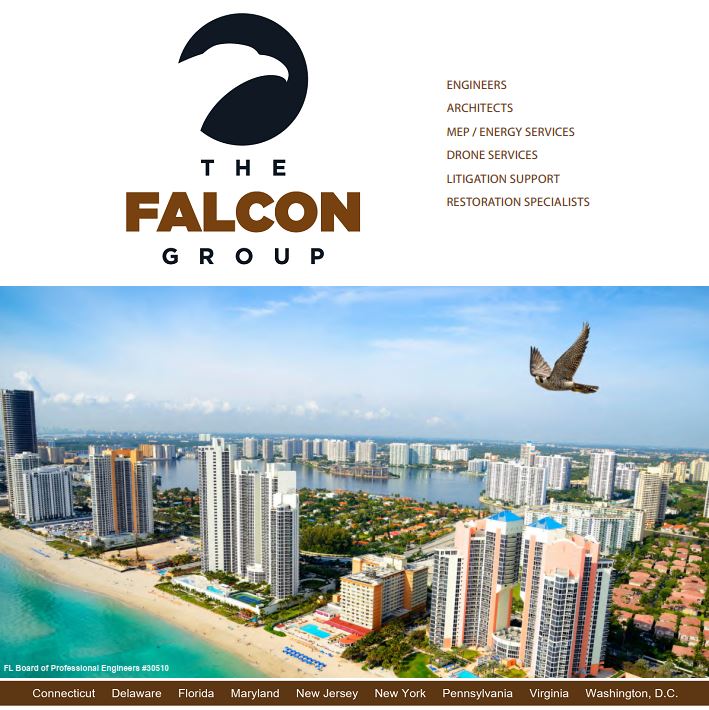Keep Your FL Lake Clean and Problem-Free by SOLITUDE
Addressing Major Lake Issues Before the Growing Season
The growing season refers to the time of year – typically the spring months – when aquatic weeds, algae, and toxic cyanobacteria (blue-green algae) begin to appear in the water. The timeframe can differ depending on the region of the country in which a waterbody is located and natural weather variations. But no matter where you live, nuisance growth may indicate imbalances in the aquatic ecosystem that were not addressed in the weeks and months leading up to this defining season.
Many property owners do not realize that the management of lakes and ponds shouldn’t end when winter weather arrives. In fact, it is a great time to reevaluate waterbody goals for the coming year and implement management solutions that are more difficult to apply when the water is being actively used for recreation, stormwater collection, or aesthetic purposes.
Prepare Your Lake for Spring: Here’s Where to Start
Typically, the off-season months provide a valuable window to complete long-awaited projects like shoreline restoration, mechanical hydro-raking, or dredging, and nutrient remediation. Each of these solutions can help support healthier water quality conditions and reduce the risk of major lake issues when the growing season arrives.
Prevent algae and weeds next growing season with these management tips:
Repair Shoreline Damage & Enhance Your Buffer Zone
Jagged, crumbling, exposed shorelines can endanger people working or spending time in and around the water. Degraded shorelines can also contribute to the accumulation of muck at the bottom of lakes and ponds, and even cause waterfront properties to “shrink” as earth collapses into the water. These conditions don’t occur overnight; rather, they are a result of prolonged wear and tear from recreation, wind and rainfall, nuisance wildlife activity, urban development, and poor landscaping practices.
If ignored, erosion can aggravate water quality imbalances that increase the risk of weeds, toxic algae, and other problems during the growing season. Restoring degraded shorelines well before this time will help ensure your waterbody starts off on the right foot come spring.
Repair Erosion Damage with Bioengineered Shorelines
Cutting-edge bioengineering techniques using a durable mesh material have made it possible to safely restore the aesthetics and functionality of degraded shorelines while repurposing eroded earth. Depending on the size and scope of a project, this process may require significant downtime, so the fall and winter months are an opportune time to take advantage of this service.
Once installed, these bioengineered shorelines will provide many years of stabilization and erosion control, particularly when beneficial vegetative buffers are also maintained around the waterbody to filter pollutants from stormwater runoff known to provoke water quality imbalances.
- Shoreline Erosion Repair Results
Remove Muck & Debris with Hydro-raking
Lakes and ponds are consistently inundated with eroded sediment and debris such as branches, leaves, lawn clippings, trash, and other detritus that create bottom muck containing highly concentrated nutrients as they decompose. Over time, muck levels can increase, reducing the overall depth and volume of the waterbody. Excessive build-up may lead to a host of problems during the growing season, including flooding, depleted dissolved oxygen levels, water murkiness, bad odors, fish kills, and increased weed and algae infestations.
It is possible to physically remove build-up using mechanical solutions like hydro-raking and dredging. Hydro-raking is often used for “spot treatments” in areas with disproportionate materials, such as stormwater pipes and dock areas. A hydro-rake is essentially a floating barge with a rake attachment that can remove up to 500 pounds of decomposing material in each scoop and deposit it on the shore for physical removal or repurposing during shoreline restoration projects.
Restore Depth with Dredging
If build-up has reached more concerning levels, dredging may be required. Professionals choose from two primary types of dredging equipment based on the goals for the property – each can restore the waterbody to its original depth and volume, but may reset the ecosystem entirely. Conducting dredging far ahead of the upcoming growing season provides a window to begin implementing proactive solutions to ensure water quality is healthy and stable come spring.
The off-season is an excellent time to complete mechanical projects as they can both interfere dramatically with the use of the waterbody. Removing muck and debris that accumulated during the warmer months will also help reduce overall nutrient concentrations, providing less fuel for algae and weeds when the growing season arrives.
Balance Water Quality with Nutrient Management
Phosphorus and nitrogen are the primary nutrients responsible for the growth of excess weeds and algae and are found in both the water column and the bottom sediments. Naturally-occurring nutrient remediation products like Phoslock and Aluminum Sulfate (Alum) can be professionally applied to bind with nutrients, making them unavailable for uptake by weeds and algae. Other solutions like EutroSORB may be used to filter and physically remove undesirable nutrients from the water.
Nutrient remediation can be effective in the warmer months and, when implemented by licensed professionals, is low-risk for use around people and animals. However, conducting nutrient remediation services during the off-season can help prevent nuisance growth before it becomes a problem, allowing people to start enjoying their waterbodies sooner. It’s important to note that regions that experience more severe winters and freezing waters may not be candidates for off-season nutrient remediation services. A professional can help stakeholders determine the most effective time of year to apply nutrient remediation products.
Avoid Water Quality Issues This Growing Season
It can be confusing for stakeholders to know what their waterbodies need – and when – but it’s never too early or late to begin implementing these or other lake and pond management solutions. Ultimately, we share your goal of maximizing the use of your water resources throughout the year. By taking advantage of the cooler months to complete these impactful projects, stakeholders can avoid major water quality issues that the growing season is known for. Instead, they can focus on enjoying the water without looming threats of nuisance growth – and the complaints, safety concerns, and unexpected costs that come with it.













 If your fire alarm system starts sounding like a horror movie sequel, it’s time for you to take action.
If your fire alarm system starts sounding like a horror movie sequel, it’s time for you to take action.















